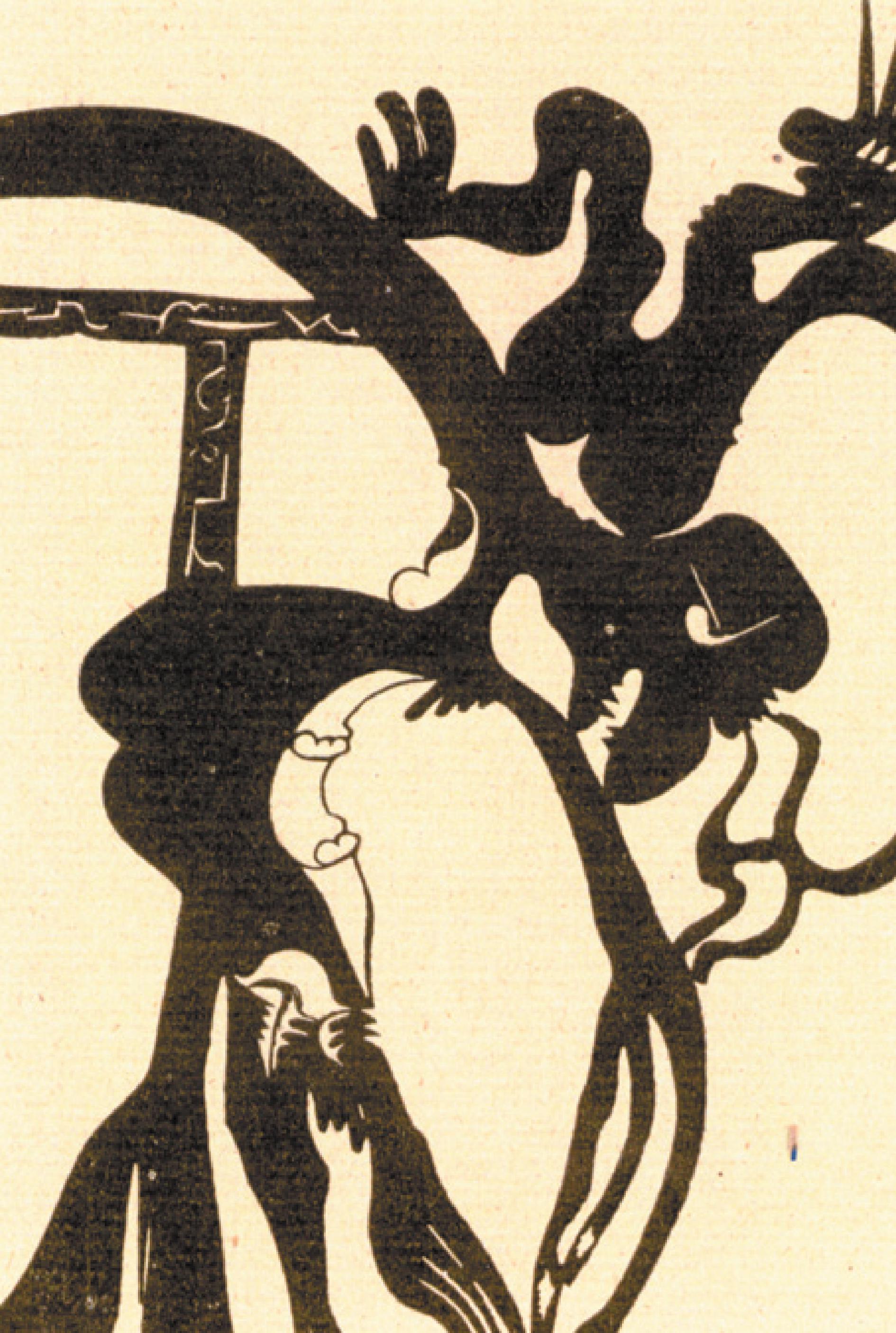Dotknięcie Paryża
Abstrakt
Schulz never made it to „Paris” even though in the summer of 1938 he spent in the city more than three weeks, which is confirmed by his travel documents and hotel bills. Where was he then between July 31 and August 26 that year, if not in Paris? Indeed right there. At first he was allowed to enter the Paris for tourists. This is always the best way to learn something about any place. However, Schulz managed to reach beyond the recommendations of the tourist guide and get in touch with the artists who lived and worked in “another” Paris – the city of artists who preferred to settle down in the district of Montparnasse. He met with Lille, Brzękowski, probably also Weingart, talked to the marchand Rotgé, came upon Aronson, Basler, Szalit, perhaps also Marcoussis. That was it as regards the documented Paris agenda of the author of Sanatorium under the Sign of an Hourglass, highly appreciated in Poland. Not too much for 27 days spent in the world capital shortly before it fell. Let’s ask whom Schulz could have met in Paris at that time and whom he should have met. In Paris, the city of new artistic and philosophical ideas, in the 1930s lived many artists and thinkers who seemed close enough to him. He had a lot in common with Bataille who published in the journal Documents, which he edited, a note titled Informe while in the “Treatise on Tailor Dummies” Jacob was lecturing to Polda and Pauline about matter. Yet most likely Schulz never heard about Bataille even though they might have passed each other in the corridor of some Paris brothel, as well as about Artaud who in the late thirties published his Manifesto of the Theater of Cruelty. Schulz was in Paris but Paris did not notice him. It was not so much that he did not speak French but, as his good friend Chasin said, he lacked the selbstbewußt, self-reliance, or perhaps assertiveness that, according to Barbara Skarga, “overcomes everything, horrible as it is.” Schulz was not a conqueror and he should not have tried to conquer the world capital. It would have been much better, if, struggling for his fame, he had sent to the frontline not himself (in person), but his works. Unfortunately, in 1938 they were still locked up in the Polish language.

 Uniwersyteckie Czasopisma Naukowe
Uniwersyteckie Czasopisma Naukowe





